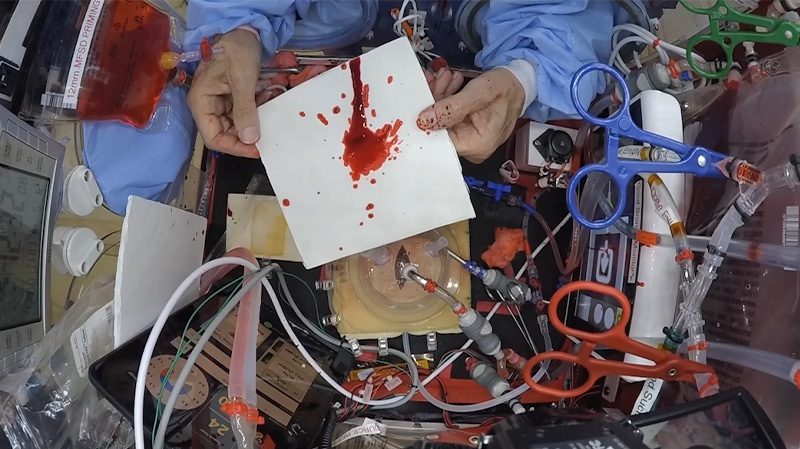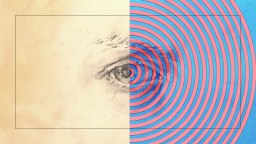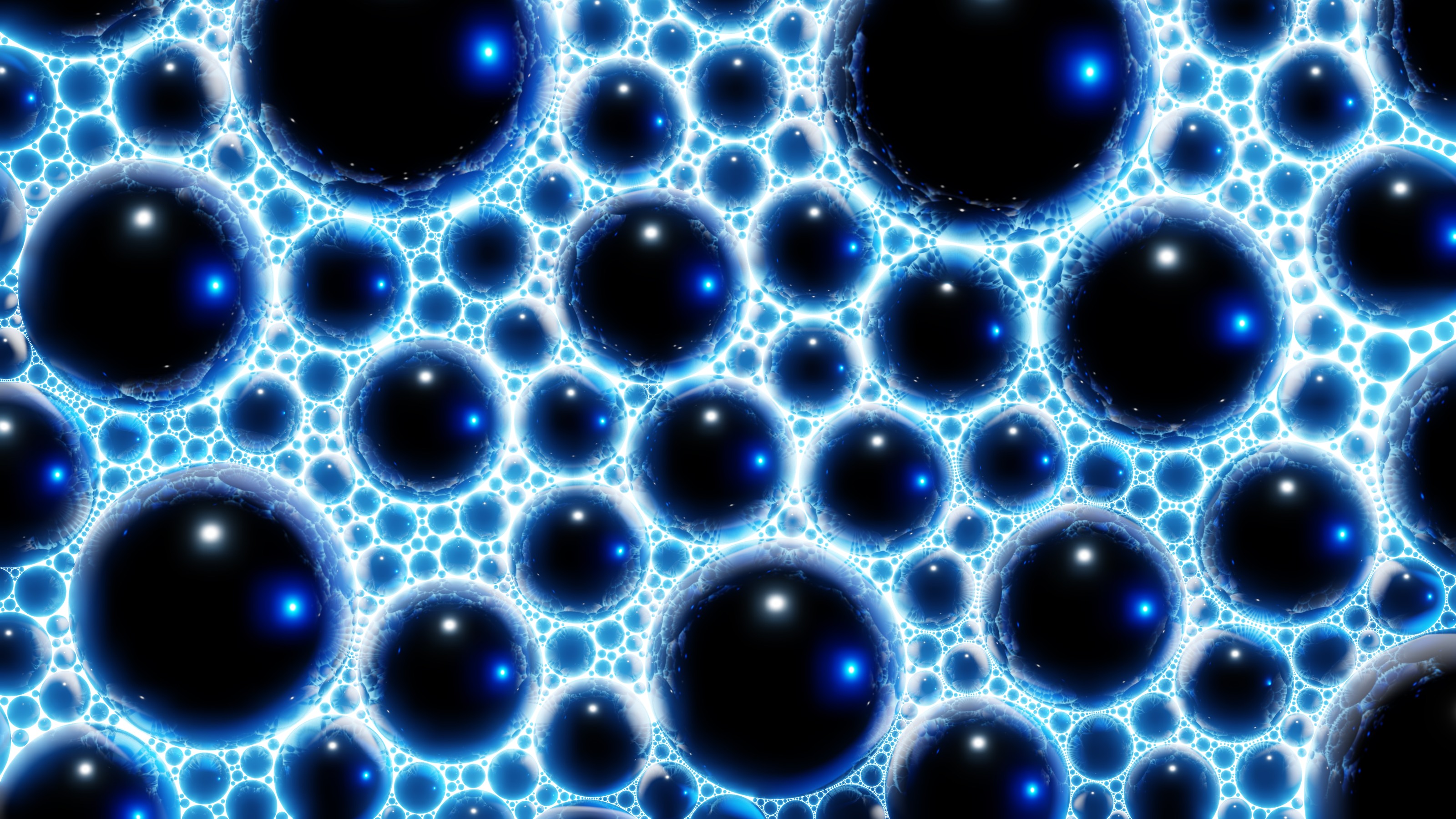Donald Hoffman is professor of cognitive science at the University of California, Irvine. His writing has appeared in Scientific American and Edge, and his work has been featured in the[…]
Exploring the idea that objects we perceive in everyday life do not reflect objective reality.
▸
3 min
—
with
▸
3 min
—
with





